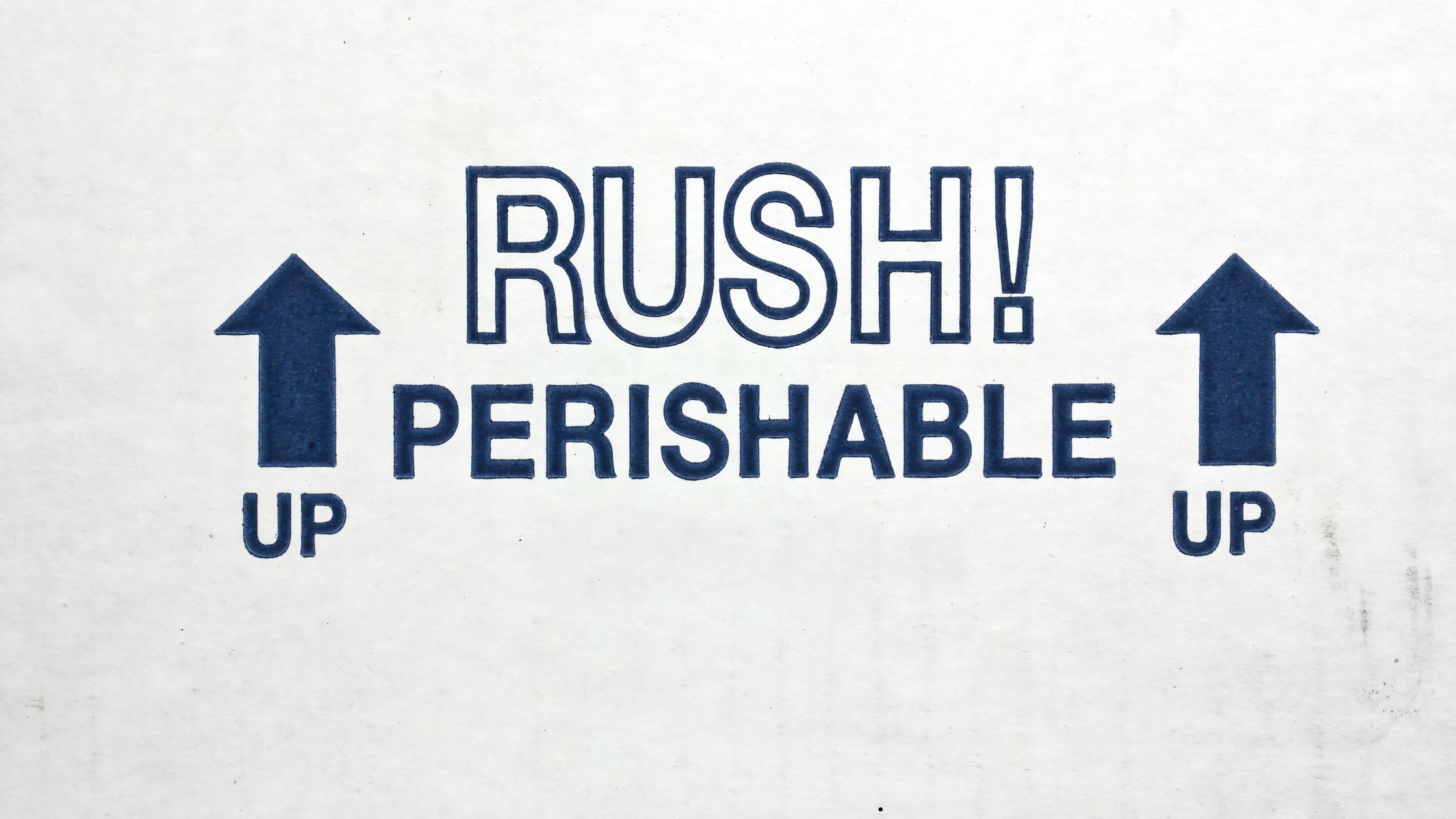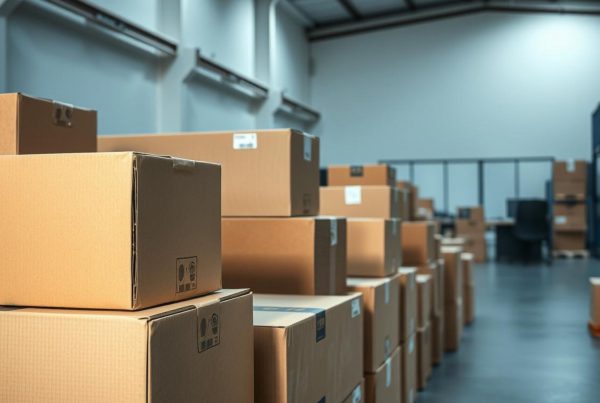When you’re shipping temperature-sensitive items, the last thing you want is for your products to arrive spoiled or damaged. That’s why insulated shipping boxes are a crucial part of the cold chain logistics puzzle. But how long do these boxes last? If you’re a business owner invested in sustainable and cost-effective packaging solutions, understanding the lifespan of these boxes is key to maintaining product integrity and reducing waste.
What Affects the Longevity of Insulated Shipping Boxes?
Several factors determine how long insulated shipping boxes last. Let’s explore these variables so that you can make informed decisions for your business.
1. Material Composition
The first factor to consider is the material of the box. Not all insulated shipping boxes are created equal. Some are made from heavy-duty cardboard with insulating layers inside, while others might use styrofoam or other materials.
- Heavy Duty Cardboard Box: These boxes are durable and can withstand rough handling during transportation. They offer good insulation for short to medium shipping times. If you’re looking for a balance between durability and environmental impact, these might be your go-to choice.
- Styrofoam Shipping Box: While styrofoam provides excellent insulation, it’s not the most sustainable option. However, a styrofoam shipping box is tough to beat when it comes to keeping products cold for extended periods. The downside? They’re more prone to damage, especially after repeated use.
2. Usage Frequency
The more you use an insulated box, the shorter its lifespan. Boxes used frequently, especially in high-volume industries like pharmaceuticals or food delivery, will naturally wear out faster.
- Single-use vs. Multi-use: If you’re using these boxes just once, you might not worry much about their longevity. But if you’re reusing boxes to save on costs, the material will degrade faster. Repeated folding, opening, and exposure to different temperatures will cause even a heavy duty cardboard box to lose its structural integrity over time.
3. Environmental Conditions
Where and how you store your insulated boxes can also significantly impact their longevity. For example, if you store your boxes in a humid environment, even the sturdiest cardboard can start to weaken.
- Temperature Extremes: Extreme heat or cold can cause the materials in the box to expand and contract, leading to quicker degradation. For instance, if you’re storing cold shipping boxes in a warehouse that isn’t climate-controlled, you might notice that their insulation properties decline faster than anticipated.
Evaluating the Durability of Different Insulated Shipping Boxes
Now that we’ve covered the factors that affect the longevity of insulated shipping boxes, let’s dive into the durability of specific types of boxes.
A. Heavy Duty Cardboard Boxes
When it comes to heavy-duty cardboard boxes, they offer a good mix of durability and insulation. These boxes are often used for shipping bulk items, and their double-walled construction makes them resistant to punctures and tears.
- Pros: Durable, recyclable, and offer decent insulation.
- Cons: May not provide as much insulation as styrofoam in extreme conditions.
For businesses shipping non-perishable but sensitive items, such as electronics or certain pharmaceuticals, heavy-duty cardboard boxes can be an excellent choice. They offer enough insulation to protect your products without the environmental downsides of styrofoam.
B. Styrofoam Shipping Boxes
Styrofoam shipping boxes are the industry standard for shipping perishable items. They’re excellent at maintaining a stable temperature inside the box, even when external temperatures fluctuate.
- Pros: Excellent insulation, lightweight, and ideal for long shipping durations.
- Cons: Not environmentally friendly and can be easily damaged.
If your business needs to ensure that products remain cold during long transits, styrofoam shipping boxes might be your best option. However, if sustainability is a priority, you’ll need to weigh these benefits against the environmental impact.
C. Sustainable Alternatives
Sustainability is becoming more important in today’s business landscape. Many companies are looking for ways to reduce their carbon footprint, and packaging is a significant part of that equation.
- Paper Boxes Wholesale: For businesses looking to bulk order eco-friendly options, paper boxes wholesale might be worth considering. While not typically used for insulated purposes, innovations in this area are making them more viable as sustainable insulated solutions.
- Cardboard Boxes in Bulk: If you’re considering more sustainable options, cardboard boxes bulk orders might offer a good balance. Bulk purchasing reduces packaging waste and lowers costs, making it easier to manage inventory effectively.
Best Practices to Extend the Life of Your Insulated Shipping Boxes
Understanding how to extend the lifespan of your insulated shipping boxes can save you money and help your business become more sustainable.
1. Proper Handling and Storage
The way you handle and store your boxes has a significant impact on their longevity.
- Handle with Care: Ensure that your staff is trained to handle the boxes properly. Even though heavy-duty cardboard boxes are robust, mishandling can cause unnecessary wear and tear.
- Store in a Controlled Environment: Keep your insulated boxes in a cool, dry place. This is particularly important for boxes made from materials like cardboard, which can degrade in humid environments.
2. Choosing the Right Supplier
Finding the right supplier can make a world of difference when it comes to the quality and longevity of your shipping boxes.
- Look for a Reputable Box Supplier Near Me: Search for a box supplier near me who offers high-quality, durable insulated shipping boxes. Local suppliers can also reduce shipping costs and carbon footprint, furthering your sustainability goals.
3. Bulk Purchasing and Inventory Management
Purchasing cardboard boxes in bulk can be a cost-effective strategy for businesses that ship large volumes of products.
- Benefits of Bulk Purchasing: Buying in bulk reduces the cost per unit and minimizes the frequency of reorders. It also allows for better inventory management, reducing the likelihood of using damaged or degraded boxes.
- Inventory Best Practices: Rotate your stock regularly. Use older boxes first to prevent them from degrading in storage. Implement an inventory management system that tracks the condition and usage of your boxes.
Cost-Effectiveness and Sustainability: A Balanced Approach
The key to successful packaging lies in balancing cost-effectiveness with sustainability. While styrofoam shipping boxes might offer the best insulation, heavy-duty cardboard boxes provide a more sustainable option without sacrificing too much in terms of protection.
A. Cost Analysis
When it comes to cost, you need to consider both short-term and long-term expenses. High-quality insulated boxes may have a higher upfront cost, but their durability can save money over time.
- Initial Cost vs. Long-Term Savings: Investing in durable, reusable boxes may seem costly at first, but it pays off by reducing the frequency of box replacements.
B. Environmental Impact
Sustainability isn’t just a buzzword; it’s a necessity for modern businesses. By choosing more durable and recyclable packaging options, you can reduce your environmental footprint.
- Eco-Friendly Packaging: Opt for recyclable materials whenever possible. Although styrofoam shipping boxes aren’t the most eco-friendly option, there are biodegradable alternatives that offer similar insulation properties.
Your Partner in Durable, Sustainable Packaging
When it comes to finding reliable, high-quality packaging solutions, The Boxery is your go-to source. Whether you need insulated shipping boxes, cold shipping boxes, or heavy-duty cardboard boxes, The Boxery offers a wide range of products to meet your business needs. With a commitment to sustainability and cost-effectiveness, The Boxery is more than just a supplier; it’s your partner in innovative packaging technologies. Visit their website today to explore their extensive catalog, including the 4×4 box and letterhead boxes that ensure your products arrive in perfect condition.





Recent Comments